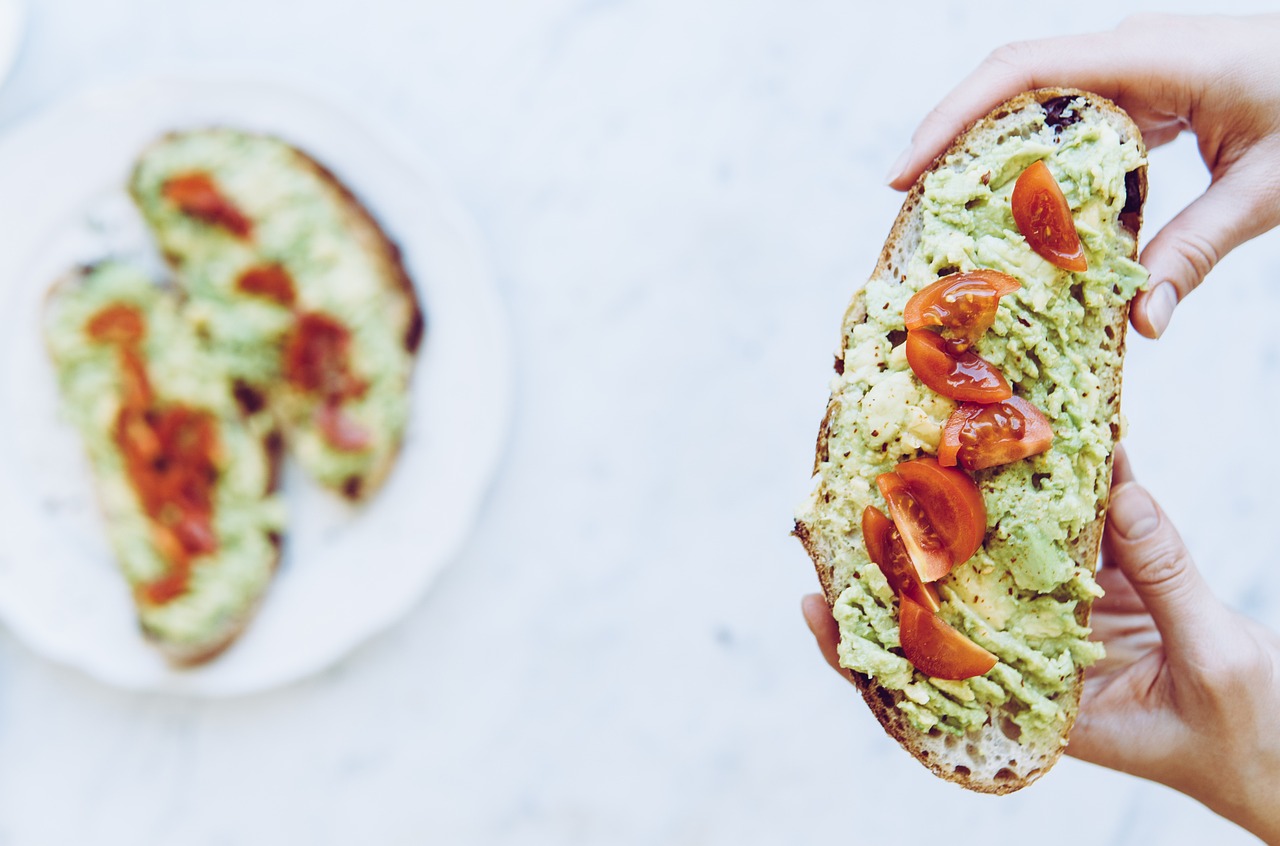The Power of Rituals in Daily Life: Enhancing Meaning and Connection
Rituals play a crucial role in our daily lives by providing a sense of structure and stability. They create a rhythm and predictability that can help reduce feelings of anxiety and uncertainty. By incorporating rituals into our routines, we can establish a sense of control over our environment and emotions.
Furthermore, rituals can serve as a form of self-care and promote overall well-being. Engaging in rituals can be a way to express creativity, connect with others, and cultivate mindfulness. Whether it’s a morning meditation practice, a nightly skincare routine, or a weekly family dinner, rituals offer an opportunity to pause, reflect, and find meaning in the everyday moments of life.
The Psychological Benefits of Rituals
Rituals play a crucial role in providing structure and meaning to our daily lives. Engaging in rituals can create a sense of predictability and stability, helping individuals to navigate through the uncertainties of life with more ease. Whether it’s a morning routine, a bedtime ritual, or a cultural practice, these repetitive actions can offer a sense of control and order in an otherwise chaotic world.
Furthermore, rituals have the power to promote mindfulness and presence in the moment. By focusing on the specific actions involved in a ritual, individuals can cultivate a sense of awareness and connection to the present experience. This can be especially beneficial for reducing stress and anxiety, as it allows individuals to let go of worries about the past or future and instead focus on the here and now.
What are some examples of rituals in daily life?
Some examples of rituals in daily life include morning routines, bedtime rituals, mealtime traditions, and holiday customs.
How do rituals benefit our psychological well-being?
Rituals can provide a sense of structure, predictability, and comfort, which can reduce anxiety and stress. They also create a sense of belonging and connection with others, fostering a sense of community and support.
Can rituals help improve mental health?
Yes, rituals can help improve mental health by providing a sense of purpose, promoting mindfulness and relaxation, and fostering positive emotions and resilience.
Are rituals important for maintaining emotional well-being?
Yes, rituals can play a crucial role in maintaining emotional well-being by providing a sense of stability, promoting self-care, and helping individuals cope with difficult emotions and life transitions.
How can one incorporate rituals into their daily life?
One can incorporate rituals into their daily life by establishing a routine, creating meaningful traditions, practicing mindfulness and intentionality, and engaging in activities that bring joy and fulfillment.





